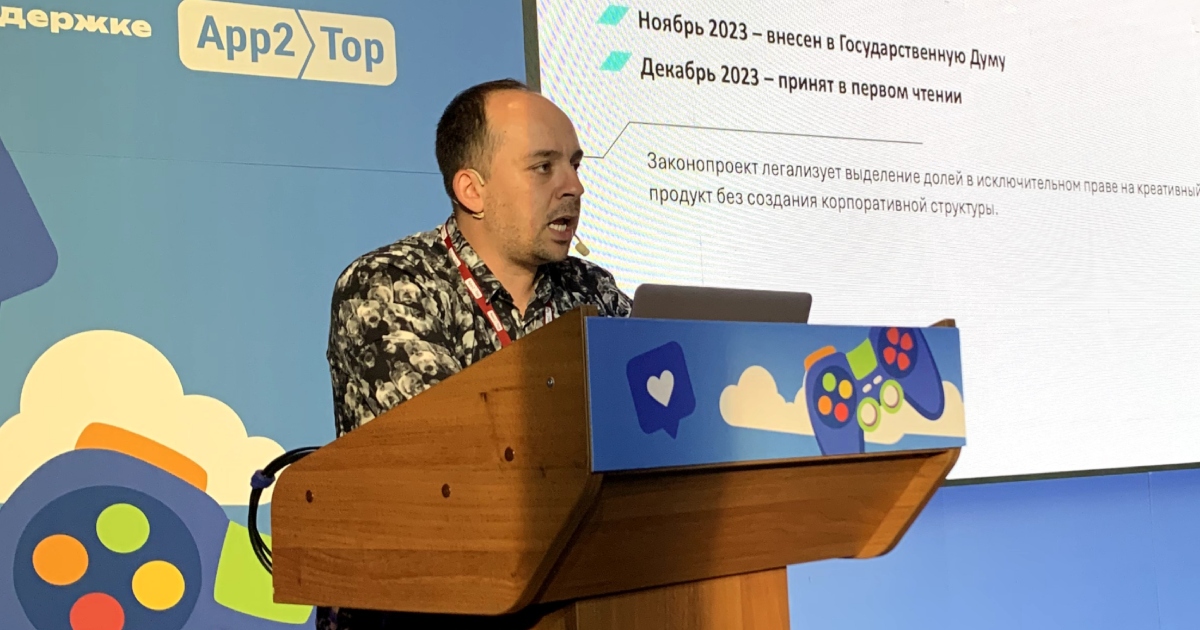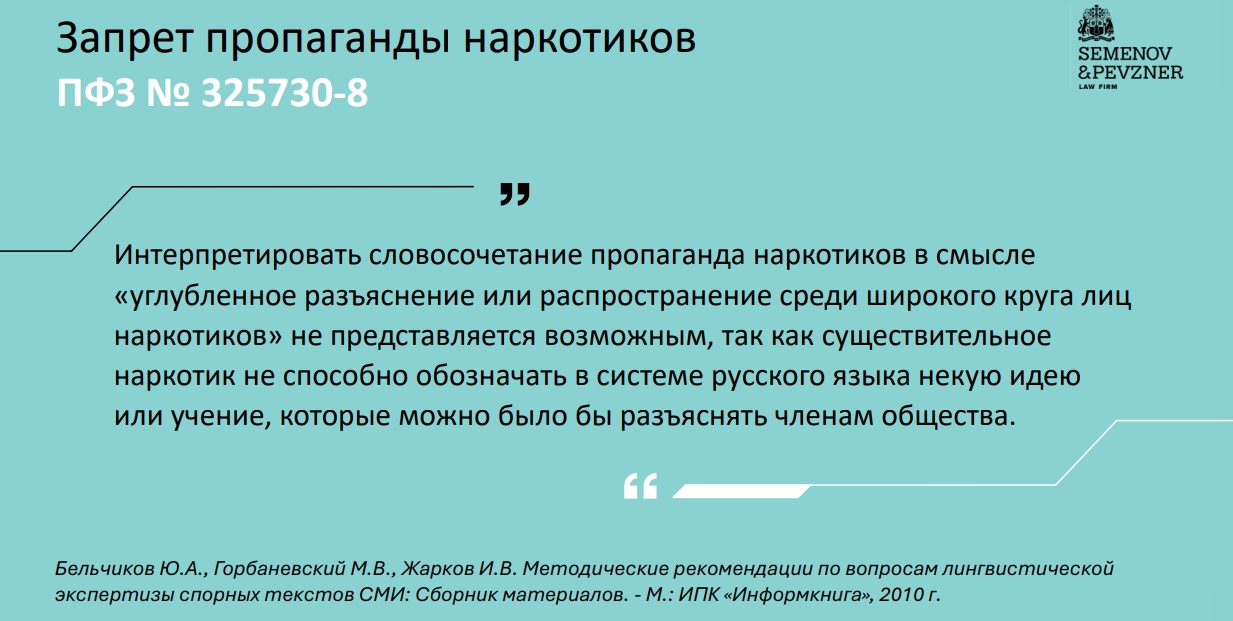"The state will increasingly regulate the industry": what laws will affect the gaming industry in Russia
Today, the government is increasingly trying to regulate the gaming industry. Roman Lukyanov, managing partner of the legal company Semenov&Pevzner, discussed some of these laws during his presentation at the "Gaming Industry" conference.
Roman Lukyanov at the Gaming Industry conference
Since 2023, no fewer than 30 legislative initiatives have been introduced in Russia that, in one way or another, affect the gaming industry. Not all the laws have been adopted yet, and some will still undergo further development, but their number will continue to grow in any case.
"The government will increasingly regulate the sector," notes Lukyanov. "This is a reality that we cannot avoid. For many years the industry has resisted, saying that we do not need this regulation, and perhaps that is true. But in any case, it is already happening."
In his presentation, Lukyanov focused on a few specific bills and initiatives.
Bill on Creative Industries
Passed in the first reading in November 2023
The bill aims to enshrine the term "creative industries," which includes video games, in legislation and outline the specifics of state support in this area.
According to Lukyanov, the bill is positive in that it "sets a very positive tone." However, the authorities are still unsure about what to do with the gaming industry. So far, the goals of the bill are formulated rather vaguely:
- creating conditions for the realization of citizens' creative potential;
- developing elements of the creative economy in Russia;
- encouraging the creation of creative products;
- improving the education system in the field of creative industries.
Bill on Shares in Exclusive Rights
Passed in the first reading in December 2023
The bill has been in the works since 2019. Despite this being its fifth version, it is unlikely to be adopted this year.
The main goal of the bill is to legalize the allocation of shares in the exclusive right to a creative product (including games) without creating a corporate structure.
Ideally, it could become a new tool for investing in the gaming industry. Instead of registering an LLC or other structures, there will be an opportunity to invest in shares. In this case, each participant will be able to manage their share and later transfer it to third parties.
Presidential Decree No. 430
Entered into force in May 2024
According to the decree, it complicates transactions involving the alienation of intellectual property from a "rights holder from an unfriendly state." Now they must be approved by the Governmental Commission for Foreign Investments.
Also, when selling their brand, a foreign company will receive remuneration only in a special type "O" ruble account.
This may cause some difficulties: "Ideally, if you, as a developer, bought some foreign asset, you would have to go through the Foreign Investment Commission. At the same time, withdrawing money from account 'O' is only possible with permission from this Commission."
However, the rules apply only to transactions over 15 million rubles. Additionally, the decree does not apply to works of science, literature, and art, which recently legally include video games. This avoids the difficulties described above, but all objects related to trademarks within the transaction are still subject to regulation.
Ban on Showing Violence
Passed in the first reading in January 2024
The new amendments to Article 13.15 of the Administrative Offenses Code of the Russian Federation prohibit the display of violence on the internet, including materials depicting unlawful acts committed with cruelty, their consequences, and calls for such acts.
The violation is punishable by a fine of 200-600 thousand rubles for citizens and 300-700 thousand for officials. However, the law does not apply to works of science, literature, and art (including video games) if they have artistic value.
However, Lukyanov notes that it is unclear who and how will determine the presence of "artistic value." Besides a fine, there is a theoretical risk of encountering Roskomnadzor, which could lead to the removal of the game from the store, website blockage, etc.
Ban on Drug Propaganda
Passed in the second reading in April 2024
The law concerns works distributed online (effectively applies to all video games).
The rules do not apply to works of science, literature, and art if they have special labeling. Starting June 1, 2025, a fine of up to 600 thousand rubles is proposed for its absence.
The labeling methods have not yet been established except that it must contain information about the harm of drug use, the illegality of use and distribution, as well as administrative and criminal liability for this activity.
Another nuance is that according to the new rules, drug propaganda is allowed if it is justified by artistic intent. As with the law on violence propaganda, it is unclear who will establish the presence of artistic intent.
The Ministry of Culture will determine the list of games requiring labeling. The law is likely to be adopted and come into full effect next year.
Voice Protection
The bill will be introduced to the State Duma shortly
It proposes to ban the use of a person's voice (including a synthesized version) without their consent. After death, consent must be given by relatives: children, spouse, parents, etc.
There are several exceptions:
- use in the interests of the state;
- the person has been paid for the use of their voice;
- if the person was not the primary subject of capture for synthesis (for example, the voice appeared in a recording at a public event).
"Currently, it's a gray area that may transition into the legal domain in the near future (about a year and a half)," notes Lukyanov.



